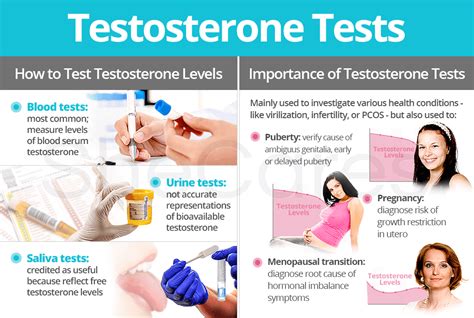How to Check Your Testosterone Levels: A Comprehensive Guide
Low testosterone can significantly impact your physical and mental well-being. Understanding how to check your testosterone levels is crucial for addressing potential deficiencies and improving your overall health. This guide will walk you through the process, explaining the different methods, what to expect, and when to seek professional help.
Understanding Testosterone and its Importance
Testosterone is a crucial hormone primarily produced in the testicles in men and the ovaries in women, although in smaller amounts. It plays a vital role in several bodily functions, including:
- Muscle growth and strength: Testosterone stimulates muscle protein synthesis, leading to increased muscle mass and strength.
- Bone density: It contributes to maintaining strong bones and reducing the risk of osteoporosis.
- Red blood cell production: Testosterone helps regulate the production of red blood cells, vital for oxygen transport throughout the body.
- Libido and sexual function: It's essential for maintaining a healthy libido and sexual function.
- Mood and cognitive function: Testosterone influences mood, energy levels, and cognitive functions like memory and concentration.
Low testosterone, also known as hypogonadism, can lead to symptoms like fatigue, decreased libido, erectile dysfunction, loss of muscle mass, and mood changes.
Methods for Checking Testosterone Levels
The most accurate way to determine your testosterone levels is through a blood test. There are two main types of tests:
1. Total Testosterone Test
This test measures the total amount of testosterone in your blood, including both free and bound testosterone. Bound testosterone is attached to proteins and isn't readily available for use by the body. Free testosterone, on the other hand, is the biologically active form.
2. Free Testosterone Test
This test specifically measures the amount of free testosterone in your blood. While less common than the total testosterone test, it can be more informative in certain cases, particularly when investigating symptoms related to low testosterone despite normal total testosterone levels.
When Should You Get Tested?
You should consider getting your testosterone levels checked if you experience any of the following symptoms:
- Decreased libido or sexual dysfunction: This is often one of the first noticeable symptoms of low testosterone.
- Fatigue and low energy levels: Persistent tiredness and lack of energy can indicate hormonal imbalances.
- Loss of muscle mass and increased body fat: Significant changes in body composition can be a sign of hormonal changes.
- Mood swings and irritability: Testosterone plays a role in mood regulation, so significant shifts can be a cause for concern.
- Decreased bone density: Bone loss can be a consequence of low testosterone levels.
- Cognitive impairment: Problems with memory, concentration, or other cognitive functions may be linked to low testosterone.
Preparing for a Testosterone Blood Test
Your doctor will provide specific instructions, but generally, you should:
- Fasting: You may need to fast for a certain period before the test.
- Medication review: Inform your doctor about all medications you are taking, as some can affect testosterone levels.
- Timing: Testosterone levels can fluctuate throughout the day, so the timing of the test is important. Your doctor will advise on the best time for your blood draw.
Interpreting Your Results
After the test, your doctor will interpret the results and compare them to the normal reference range for your age and gender. They will consider your symptoms and other factors to determine if your testosterone levels are within the healthy range or if further investigation or treatment is needed.
Seeking Professional Help
It's crucial to remember that self-diagnosing and self-treating low testosterone can be risky. Always consult a doctor or endocrinologist if you suspect you have low testosterone. They can accurately diagnose the problem, rule out other potential causes, and recommend the most appropriate treatment plan if needed. Never attempt to treat low testosterone without professional guidance.
This guide provides general information and shouldn't replace professional medical advice. Always consult with a healthcare provider for any health concerns.
